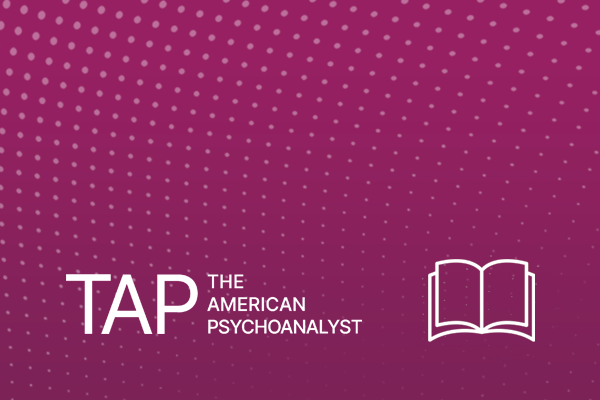Indications for Psychoanalytic Therapy
Psychoanalytic therapy is approved by Medicare for the treatment of a range of diagnostic conditions. (see below) Given proper treatment, often including a more extended and at times also intensive psychotherapy, many, and perhaps most of these patients can improve significantly. In fact, years after treatment ends with extended psychodynamic psychotherapy, these patients, in addition to other diagnostic groups of patients, continue to improve in mental health, productivity, and overall health status with lowered health care expenses. This long-term ongoing consolidation of health improvement, even years after extended psychodynamic psychotherapy, is sometimes referred to as “the sleeper effect” which is noted only with careful long-term follow-up.
Psychoanalytic therapy designated by the code 90845 uses special conversational techniques designed to clarify the unconscious influences that compromise a patient’s recovery from the range of approved disorders. Psychoanalytic therapy is a different modality than other forms of structured talk therapy including supportive psychoanalytic psychotherapy and Cognitive Behavioral Therapy. Not uncommonly psychoanalytic therapy is combined with pharmacotherapy.
The medical record must document the indications for psychoanalytic therapy but the session notes must be kept separate from the medical record and are protected by a Supreme Court decision in Jaffe vs. Redmond. Therapy is not time-defined but is composed of individual sessions of 45- 50 minutes and is billed once for each daily session.
Medicare Coverage for Psychoanalytic Services Includes the Following Diagnostic Codes:
296.20 Major depressive disorder, single episode; unspecified
296.21 mild
296.22 moderate
296.23 severe, without mention of psychotic behavior
296.24 severe, specified as with psychotic behavior
296.25 in partial or unspecified remission
296.30 Major depressive disorder, recurrent episode; unspecified
296.31 mild
296.32 moderate
296.33 severe, without mention of psychotic behavior
296.34 severe, specified as with psychotic behavior
296.35 in partial or unspecified remission
296.36 in full remission
300.01 Panic disorder without agoraphobia
300.02 Generalized anxiety disorder
300.11 Hysteria; Conversion disorders
300.12 Dissociative amnesia
300.13 Dissociative fugue
300.21 Agoraphobia with panic disorder
300.22 Agoraphobia without mention of panic attacks
300.23 Social phobia
300.29 Other isolated or specific phobias
300.3 Obsessive-compulsive disorders
300.4 Dysthymic disorder
309.21 Adjustment reaction; With predominant disturbance of other emotions; Separation anxiety disorder
V62.84 Suicidal ideation
V62.85 Homicidal ideation



